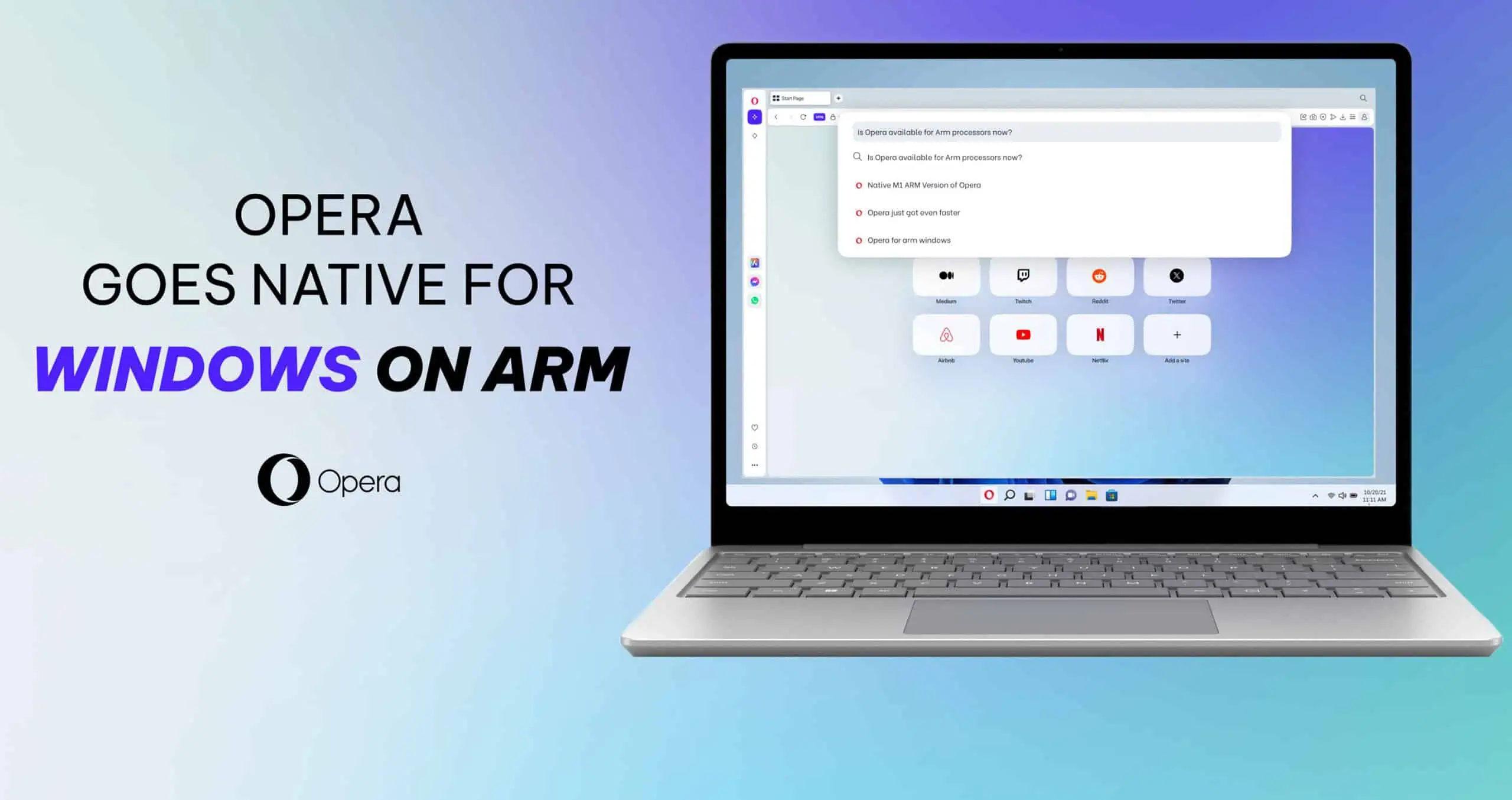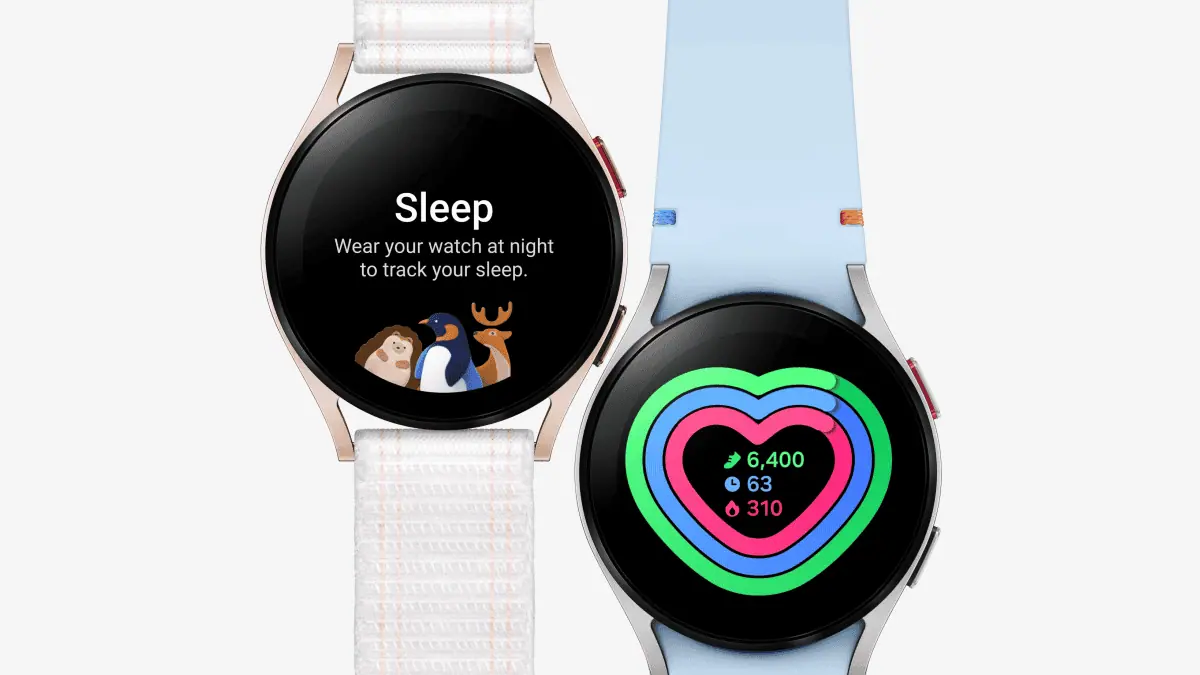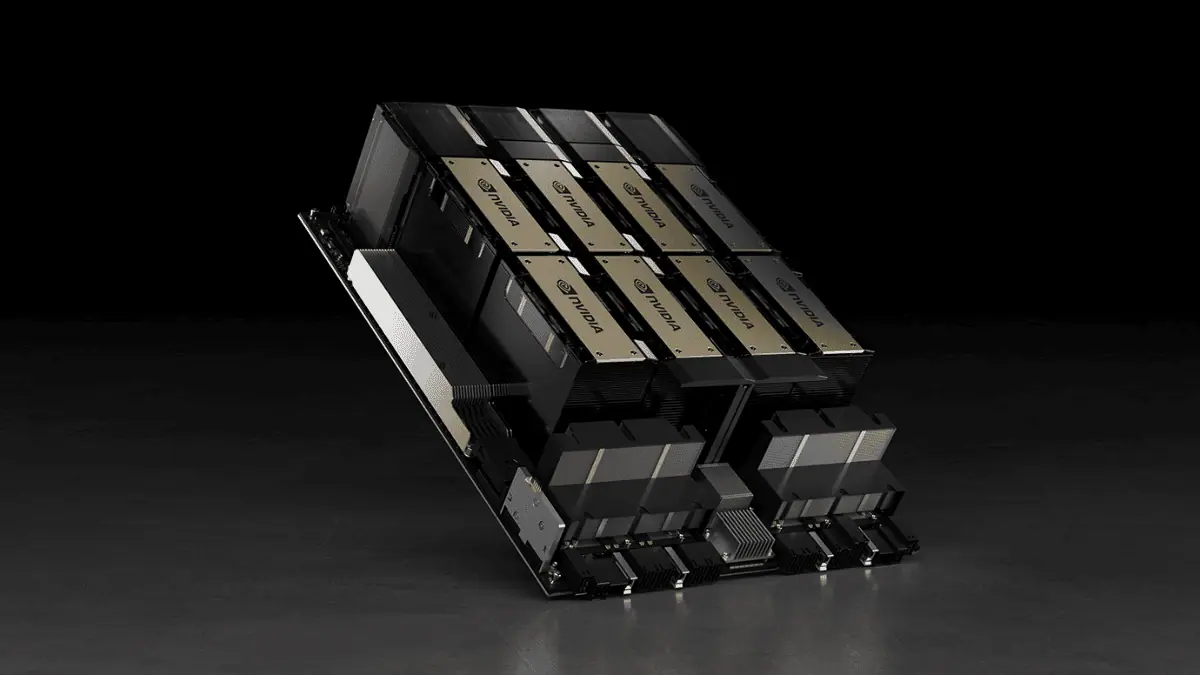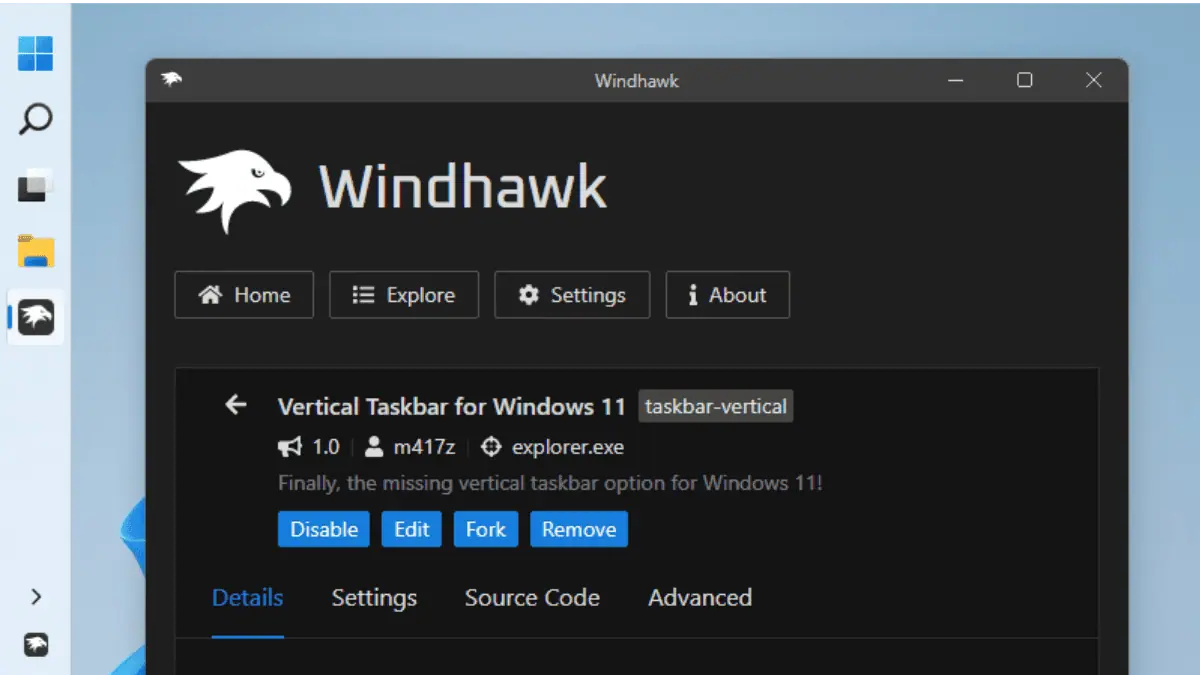Microsoft announces a new category of PCs called Copilot+ PCs
2 min. read
Published on
Read our disclosure page to find out how can you help MSPoweruser sustain the editorial team Read more

At a press event today, Microsoft announced a new category of PCs called Copilot+ PCs. Microsoft announced that Dell, HP, Surface, Acer, Asus and Lenovo will be releasing Copilot+ PCs powered by processors from Intel, AMD and Qualcomm. Qualcomm-based PCs will be the first ones to come with Copilot+ PCs branding. These new PCs will be thin, light, and beautiful and they are the most powerful Windows PCs ever built.
Microsoft is expanding the Copilot integration in Windows to File Explorer, Edge, Notifications, Settings, and more. Also, the recently announced GPT-4o model is coming to Copilot on Windows. Through this multi-modal model, Copilot will be able to see what’s going on your screen and offer guidance through voice.
Windows Recall is a brand-new AI feature that can answer anything you have seen on your PC. For example, you can ask Copilot about the cooking recipe you browsed online a week back. Or you can ask about the blog post you were reading a month ago. The AI will have everything in its memory and answer you. You can also use Recall’s Timeline feature to go back in time and find the things you were working on your PC. Windows Recall will only work with Copilot+ PCs which have 40+ TOPS NPU for great AI performance. Also, the Recall feature will be working inside your PC, and your data will not be used to train AI models.
Copilot+ PCs should have the following minimum specs:
- 16GB of RAM
- NPU with 40+ TOPS performance
- 256GB of SSD
The first set of Copilot+ PCs based on Snapdragon X Elite processors will deliver up to 15 hours of web browsing, and up to 20 hours of video battery life. Microsoft mentioned that these PCs will deliver 23% faster peak performance and 58% faster in sustained performance compared to Apple’s M3-based MacBook Air.








